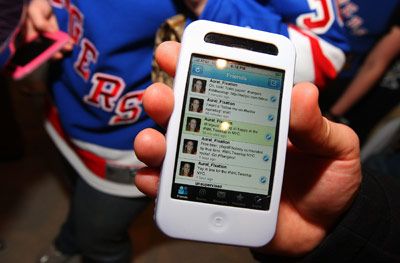It's an accomplishment to reach Olympic-level competition. But when British diver Tom Daley didn't earn a medal at the 2012 Olympic games, he became the subject of Internet comments that were just plain mean. "You let your father down, you know that," tweeted a teen.
Daley's father had recently died from brain cancer.
Advertisement
Daley retweeted the message, adding, "After giving it my all ... you get idiots sending me this." After sending more profanity-laced tweets to Daley and to others who criticized the teen, he was arrested by police but released hours later with a warning for harassment [source: Warstorne].
Whether it's Twitter, Facebook, message boards or chat rooms, the Internet seems to be a magnet for nasty comments -- and few result in real-world consequences. But why are people so mean on the Internet?
The root, it seems, may lie deep within the human psyche. The majority of communication is non-verbal, composed of body language, eye contact, speech tone and language patterns. Without this information to help us process and categorize information, our minds are left to sort through the uncertain. And, thanks to a leftover prehistoric penchant for fight or flight, being unsure about another person's intent often creates a negative reaction to a perceived threat [source: Gardner].
By continually presenting only our "best selves" online and reaping the emotional benefits of lots of "likes" on Facebook for instance, psychologists say our self-esteem may bloom disproportionately -- and negatively impact self-control. The result? You'll feel entitled to be an online meanie. Experts also posit that people sometimes actually forget that they're speaking out loud when they post a snarky comment -- writing something from a smartphone almost seems like you're talking only to yourself [source: Bernstein].
This lack of inhibition also may be connected to a physical distance from the people to whom comments are directed. Turns out, the closer physical proximity you have to someone, the less likely you are to be mean-spirited. For example, one recent study found game show contestants were less likely to vote off a contestant standing next to them than one standing further away [source: Dallas].
But here's an unexpected consequence: Lobbing snarky comments online -- even if no one knows your real identity -- could be bad for your health.
Advertisement



